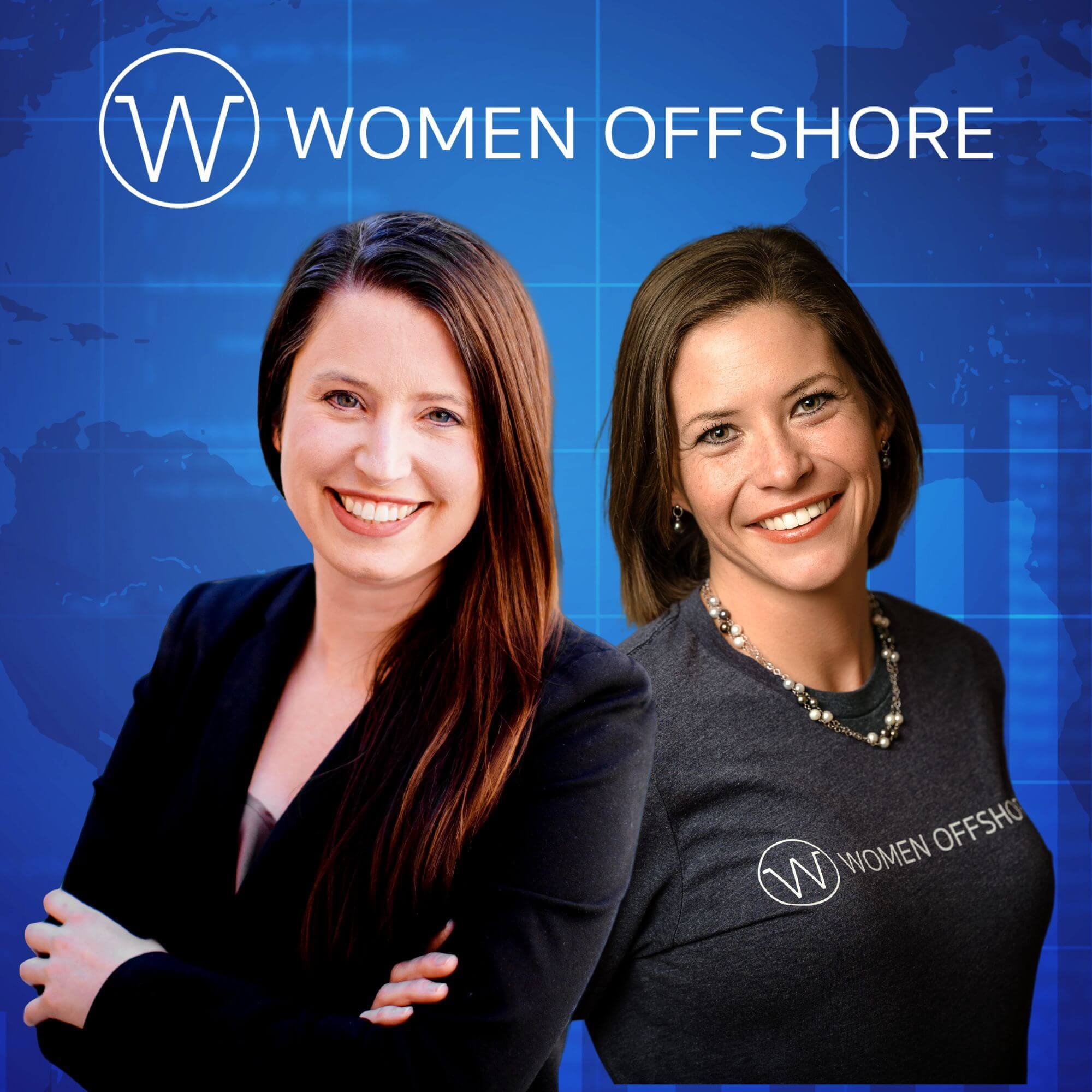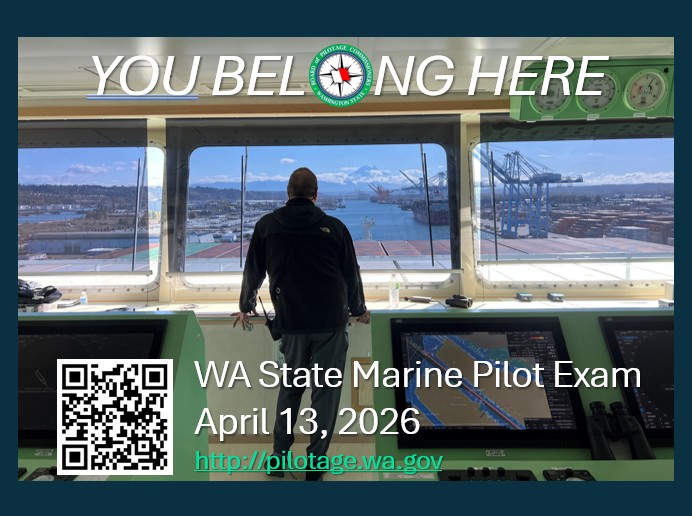A list of considerations before becoming pregnant offshore or in the maritime industry.
First of all, I didn’t ask my company ANY questions until I was pregnant. If I had to do it all again, I would have gathered information from my company before starting a family with a career on the water or even a shoreside career. I wish I had used some time when family planning as an opportunity to prepare myself in navigating my career, and it would have been helpful to have a list of questions to start with. So, I am writing this post with a list of considerations I wish I had asked my company, self, and support system to help those who are looking to start a family with a career.
If you’re reading this and planning a family, you may want to start by reading through your company or union’s policies. A lot of policies and terms can be confusing. Having an ally to start with can be helpful too. Luckily I had several close friends in human resources, and I was able to confide in them. I must add though that I would have felt even more confident if I had these conversations without the pressure of having a baby on board.
Below, I compiled a list of questions to ask your company and/or union, self, and support system when first navigating pregnancy with a maritime or offshore career. There are a lot of considerations, so have a look, and if you have any questions to add to this list or need further guidance, please send an email to [email protected].
Maternity Leave Policies
- Does my company have a maternity leave for offshore employees? This is a question I would ask during the onboarding process, or at least take time to educate myself on before beginning to try to start a family. If they don’t offer leave or don’t have a policy currently, I would offer to work with HR to help create one.
- Have I been with my company long enough to qualify for maternity leave or FMLA? This varies company to company, but it is commonplace to not be eligible for these benefits until one year with the company.
- If I have not been with my company long enough to qualify for maternity leave or FMLA, have I been there long enough to qualify for short-term disability? In the United States, this will allow you to take 6 weeks off at full or partial pay, depending on company policy for a vaginal delivery or 8 weeks for a C-section (or however long you are under a doctor’s care).
Onboard Considerations During Pregnancy
- What is my rotation and where will I be working? If I was looking at a 45-day rotation in my 3rd trimester, especially if I was not going to be close to a decent medical support team within my home country, I would consider asking for a shorter rotation, assignment to a different ship, or to be able to work in the office or remotely.
- Are my care providers going to be familiar with an offshore environment? Most are not. Therefore, the more information you can bring to them ahead of time about potential hazards, the more they are able to help provide input for your care.
- What types of chemicals am I working with or around? This may be less of a concern if I was a driller or mate, but if I were an engineer, derrickhand, or in another position where I was commonly working with chemicals I would pull the safety data sheet (SDS) for those materials and bring them to my OBGYN/midwife to discuss potential mitigations. If I knew I was planning on starting a family soon, I would bring those SDS to my next annual or well-woman exam to discuss ahead of time.
- Do my work areas have prolonged or excessive noises? Taking decibel readings of areas you commonly work in (again, this is something I would do prior to pregnancy) would be a huge help with alerting my care team to potential hazards that may impact my child’s hearing
- What changes are occurring with my body? This is something I would keep tabs on throughout my pregnancy. Most of you that know me know I am a huge health nerd, but there were things that happened with my body that I had no idea were in the realm of possibility until getting pregnant. Some women have difficulty with balance, which may mean that being at sea isn’t safe for them or their baby, especially if they are in a role that requires a lot of climbing, or work on ships that operate in rough seas. Some women experience morning sickness so severe that they may be unable to work, or a condition called hyperemesis gravidarum, which can last the entire pregnancy and can require hospitalization and medication. Most women’s bodies create a lot of relaxin in pregnancy, a hormone that creates ligament laxity and hypermobility, which can cause an increase in joint related pain, altered biomechanics, and could lead to injury as a result. I personally struggled with abdominal separation, a condition called diastasis recti (DR), during my first pregnancy. Certain movements, heavy lifting, and not properly engaging the core can all cause DR, and if your job has a physical component, this is something to be aware of.
For When Returning to Work
- Am I planning on breastfeeding/pumping when returning to work? If so, be sure to order your pump (insurance will likely cover one) and get comfortable with your routine. We are partnering with Polaris Lactation to create some resources for you, so stay tuned! Also, something to be aware of is that breastfeeding/pumping can lead to higher relaxin levels in the body postpartum.
- Do I have a plan for my return-to-work logistics? Who will the baby stay with? If going to daycare, when do I need to register them? Having these logistics and deadlines figured out beforehand will reduce stress down the line.
- Do I have a plan for postpartum support (for me)? Postpartum depression and anxiety are more common than you would think, and being away from baby, family, and other support may make it even lonelier and harder. I personally struggled with crippling anxiety after the birth of my daughter and relied heavily on my support system to help me even identify it, as it can be really hard to realize that everything isn’t normal. Having a friend or shipmate you can confide in, as well as a way to reach out to your healthcare team if this is something you experience is crucial. Even if you don’t experience postpartum anxiety and postpartum depression, postpartum can be rough: you may leak milk, experience night sweats, have a rollercoaster of emotions (thanks hormones), and experience other changes. Knowing that you aren’t alone during this time and can get the help and support you need is essential.






Recent Comments